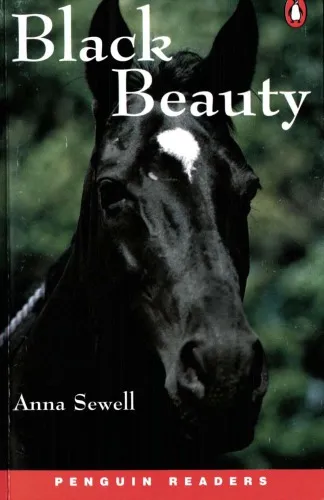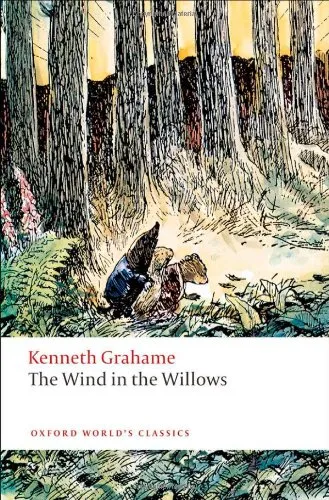Black Beauty
4.3
Reviews from our users

You Can Ask your questions from this book's AI after Login
Each download or ask from book AI costs 2 points. To earn more free points, please visit the Points Guide Page and complete some valuable actions.Related Refrences:
Introduction to 'Black Beauty'
Authored by Anna Sewell and published in 1877, 'Black Beauty' is not simply a children's book about a horse's adventures; it is a poignant exploration of humanity's treatment of animals and a critique of the social values of the Victorian era. The book is unique as it is written from the perspective of Black Beauty himself, offering insights into the world of horses and the various characters he interacts with across his life. Through empathy, education, and entertainment, Sewell's novel has left an indelible mark on literature and animal welfare.
Detailed Summary of the Book
Black Beauty tells the life story of a horse, sharing his experiences from a handsome colt to a mature horse. Born in the English countryside, Black Beauty enjoys a carefree life until he is sold to Squire Gordon, where he receives excellent care and kindness. However, the story takes a turn as he is bought and sold multiple times, each owner leaving a significant impact on his life. He encounters kindness, cruelty, negligence, and suffering throughout his journey. The novel adeptly illustrates the stigmatic and socio-economic conditions of the time, highlighting the compassion—or lack thereof—shown towards horses. The journey of Black Beauty serves as a lens to view human morality, drawing parallels between the treatment of animals and the broader socio-cultural dynamics of 19th-century England.
Key Takeaways
- Empathy Towards Animals: The novel invokes a sense of compassion and understanding towards horses, serving as a campaign for better treatment of these and other animals.
- Criticism of Social Practices: Highlighting issues such as harsh working conditions and superficial societal norms, the book serves as a criticism of traditional Victorian practices.
- Perspective and Morality: Through the eyes of Black Beauty, readers experience moral challenges and are prompted to reflect on their own behavior and treatment of others.
Famous Quotes from the Book
"If they strain me up tight, why let them look out! I can't bear it, and I won't feign to." — This quote highlights Black Beauty's dignity and self-worth, emphasizing the natural rights that all beings inherently hold.
"We call them dumb animals, and so they are, for they cannot tell us how they feel, but they do not suffer less because they have no words." — A profound reminder of the silent suffering felt by animals, urging for compassionate treatment across the board.
Why This Book Matters
While 'Black Beauty' initially gained popularity as a children's story, it has evolved into a significant cultural work. Its enduring relevance lies in its pioneering approach to advocating for animal rights, a movement resonating with audiences even today. The narrative has inspired generations to reconsider how they view and interact with animals, asking pertinent ethical questions that are still being addressed by advocates around the world. Furthermore, the novel's richly drawn characters and genuine emotional appeal place it as an essential read in the literary canon. By delving into various themes, including empathy, justice, resilience, and kindness, 'Black Beauty' remains a timeless plea for humanity's capacity to show compassion to all creatures.
Free Direct Download
You Can Download this book after Login
Accessing books through legal platforms and public libraries not only supports the rights of authors and publishers but also contributes to the sustainability of reading culture. Before downloading, please take a moment to consider these options.
Find this book on other platforms:
WorldCat helps you find books in libraries worldwide.
See ratings, reviews, and discussions on Goodreads.
Find and buy rare or used books on AbeBooks.
1326
بازدید4.3
امتیاز50
نظر98%
رضایتReviews:
4.3
Based on 0 users review
"کیفیت چاپ عالی بود، خیلی راضیام"




